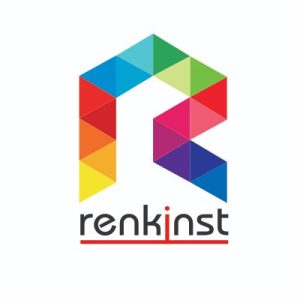Unveiling Blockchain

Certainly! Here’s a blog content draft discussing blockchain technology and its applications in various industries:
Revolutionizing Industries with Transparency and Security
Blockchain technology has emerged as a groundbreaking innovation with the potential to transform various industries, offering unprecedented transparency, security, and efficiency. Originally developed as the underlying technology for cryptocurrencies like Bitcoin, blockchain has evolved beyond digital currencies, finding applications in sectors ranging from finance and healthcare to supply chain management and beyond. Let’s explore how blockchain is reshaping industries and paving the way for a decentralized future.
Understanding Blockchain Technology
At its core, blockchain is a distributed ledger that records transactions across multiple computers in a secure and transparent manner. Each transaction, or “block,” is linked to the previous one, forming a chain of blocks that are immutable and tamper-proof. This decentralized structure eliminates the need for intermediaries, reduces the risk of fraud, and enhances trust among participants.
Transforming Finance and Payments
In the financial sector, blockchain is revolutionizing traditional payment systems, remittances, and cross-border transactions. By enabling peer-to-peer (P2P) transfers without the need for intermediaries, blockchain reduces transaction fees, accelerates settlement times, and enhances transparency. Smart contracts, self-executing contracts with predefined rules written directly into code, automate complex financial agreements, further streamlining operations and reducing disputes.
Enhancing Supply Chain Management
Blockchain’s ability to provide end-to-end traceability and transparency is revolutionizing supply chain management. By recording every transaction and movement of goods on a blockchain ledger, companies can track products from their origin to final destination, verify authenticity, and ensure compliance with regulations. This transparency helps mitigate risks, prevent counterfeit goods, and optimize logistics and inventory management processes.
Securing Digital Identity and Healthcare Data
Blockchain offers a secure and decentralized solution for managing digital identities and healthcare records. By storing encrypted personal information on a blockchain, individuals can control access to their data, share it securely with healthcare providers, and ensure its integrity. This approach reduces the risk of data breaches and identity theft, while improving patient care through seamless data sharing and interoperability.
Empowering Decentralized Applications (DApps)
Blockchain supports the development of decentralized applications (DApps) that operate on a peer-to-peer network, rather than relying on centralized servers. These DApps enable various functionalities, such as decentralized finance (DeFi) platforms, voting systems, supply chain tracking, and more, offering users greater control over their data and transactions.
Looking Ahead: Blockchain’s Potential
As blockchain technology continues to evolve, its potential applications across industries are limitless. From enhancing cybersecurity and protecting intellectual property to enabling transparent voting systems and revolutionizing real estate transactions, blockchain is poised to disrupt traditional business models and empower individuals and organizations worldwide.
Embracing the Blockchain Revolution
In conclusion, blockchain technology represents a paradigm shift towards decentralized, transparent, and secure systems across industries. By embracing blockchain innovations, businesses can unlock new opportunities for efficiency, transparency, and trust in a rapidly evolving digital economy.
Stay tuned as we explore more insights and applications of blockchain technology in our future blogs. Join us in envisioning a future where blockchain transforms the way we live, work, and interact.


Leave a Reply